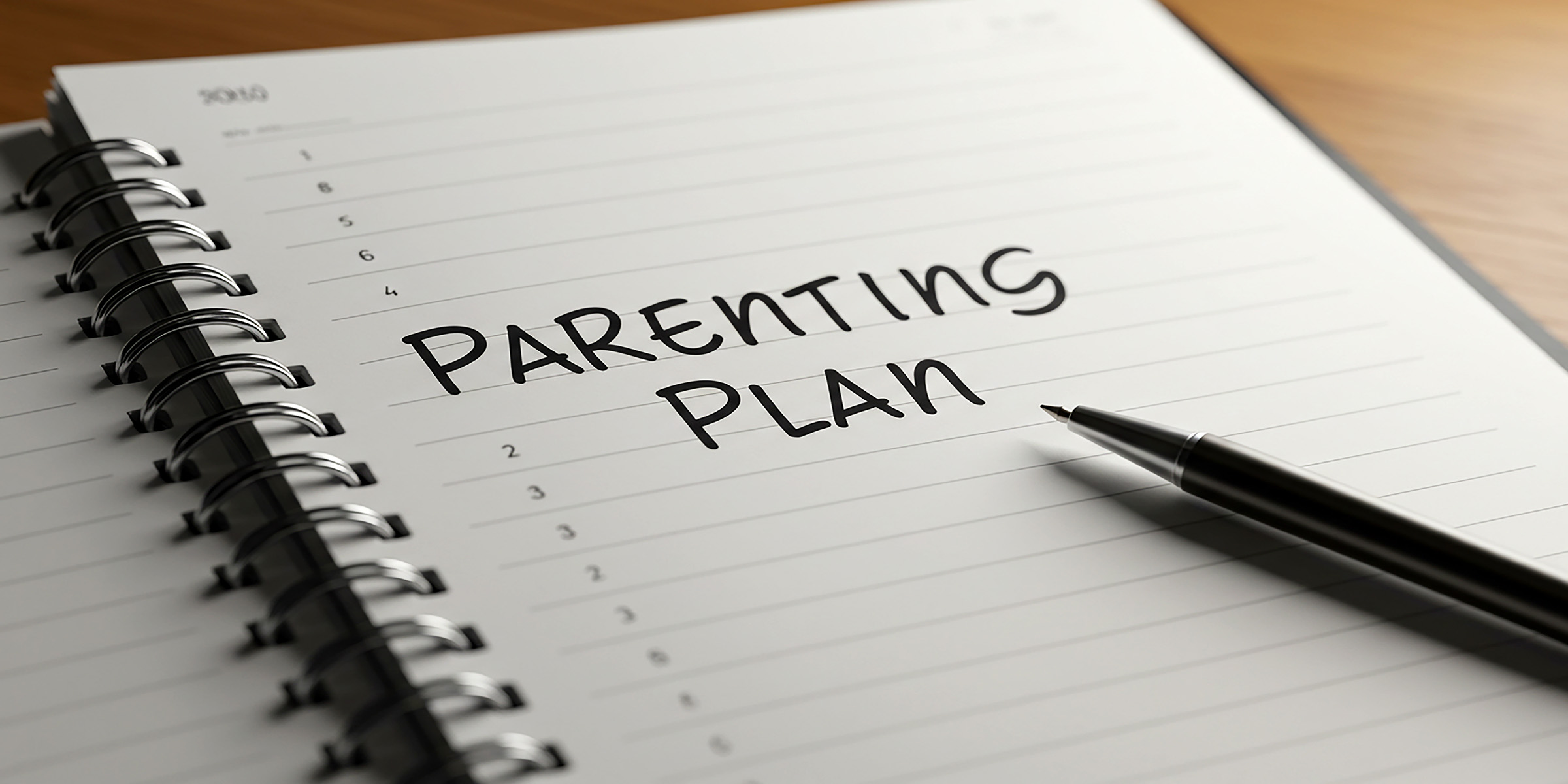What’s your co-parenting style?
Tuesday, July 1, 2025
Parenting can be hard at times. When parents are no longer together in a relationship, it can be even more difficult. For co-parenting to work well, it’s beneficial for both parents to work together cooperatively and minimize conflict.
Sharing responsibilities for the children, respecting and supporting each other, solving problems together and communicating well are the best ways for parents to co-parent, said Jana Payne, program manager for the Co-Parenting for Resilience program with Oklahoma State University Extension.
“Parents need to figure out what type of co-parent they are,” Payne said. “Research shows divorced or divorcing parents usually fall into one of six common co-parenting styles.”
- Perfect Pals: These are parents who have remained good friends and can talk easily about their children and their lives without any tension. Both parents share custody and are involved in decision-making.
- Cooperative Colleagues: They may not be close friends but continue to work well together for the benefit of their children. The relationship may seem more business-like, but they are focusing on parenting as part of their job. When there are disagreements, they can solve the issues and make decisions together.
- Parallel Parents: These parents choose to parent separately. Each parent has his or her own time with the children and doesn’t try to make decisions or influence how the other parent handles things. They prefer minimal contact and are amiable to letting the other parent take care of the children in their own way.
- Angry Associates: These parents have difficulty separating their negative feelings about each other from their co-parenting duties. This can make managing conflict difficult. Their co-parenting style is marked by tension, hostility and disagreements, but not typically explosive fights.
- Fiery Foes: Parents in this group have the hardest time co-parenting. They rarely speak to one another, but when they do, it often turns hostile. This stems from the hurt from their separation. Long legal battles may have caused anger, and they can’t find a way to think or talk positively about each other to their children. These parents often need a third party to help settle disagreements.
- Dissolved Duos: In some cases, after a divorce or separation, one parent basically disappears and no longer has contact with the other parent or the children. This leaves the remaining parent to solely take care of the children. On occasion, the absent parent may be involved, but this involvement is sporadic at best.
“Research shows kids tend to do better when both parents are involved in a friendly manner,” Payne said. “Ideally, all parents would fall into the Perfect Pals category, but that isn’t realistic. For most parents, staying close friends is too hard, especially considering the hurt feelings from the breakup. In reality, a Cooperative Colleague relationship is easier to maintain, but it works because both parents are supporting their children. The key is to have a clear plan for raising the kids. As children age, the plan will change, but the kids benefit from seeing their parents getting along.”
Children of Dissolved Duos and Parallel Parents usually do ok because they aren’t caught up in their parents’ disagreements. While not ideal for children, the parents avoid each other because of the hurt from the separation; however, this keeps the parents from fighting in front of the children.
Children whose parents are Firey Foes or Angry Associates are more likely to feel caught in the middle. There are strong emotions involved in this type of co-parenting. Instead of speaking to one another directly, parents often send messages to the other parent through the children.
Payne said co-parenting styles can change over time because parents move into different styles as their feelings settle down.
“Over time, parents learn what works best for the children. They may bring new people into the family or the children’s needs change as they grow,” she said. “As a co-parent, it’s important to gain the skills needed to avoid conflict and to prioritize the needs of your children. OSU Extension’s Co-Parenting for Resilience class can help parents develop the skills they need to help the family adjust to their situation.”
Contact the county OSU Extension office for more information about Co-Parenting for resilience.

